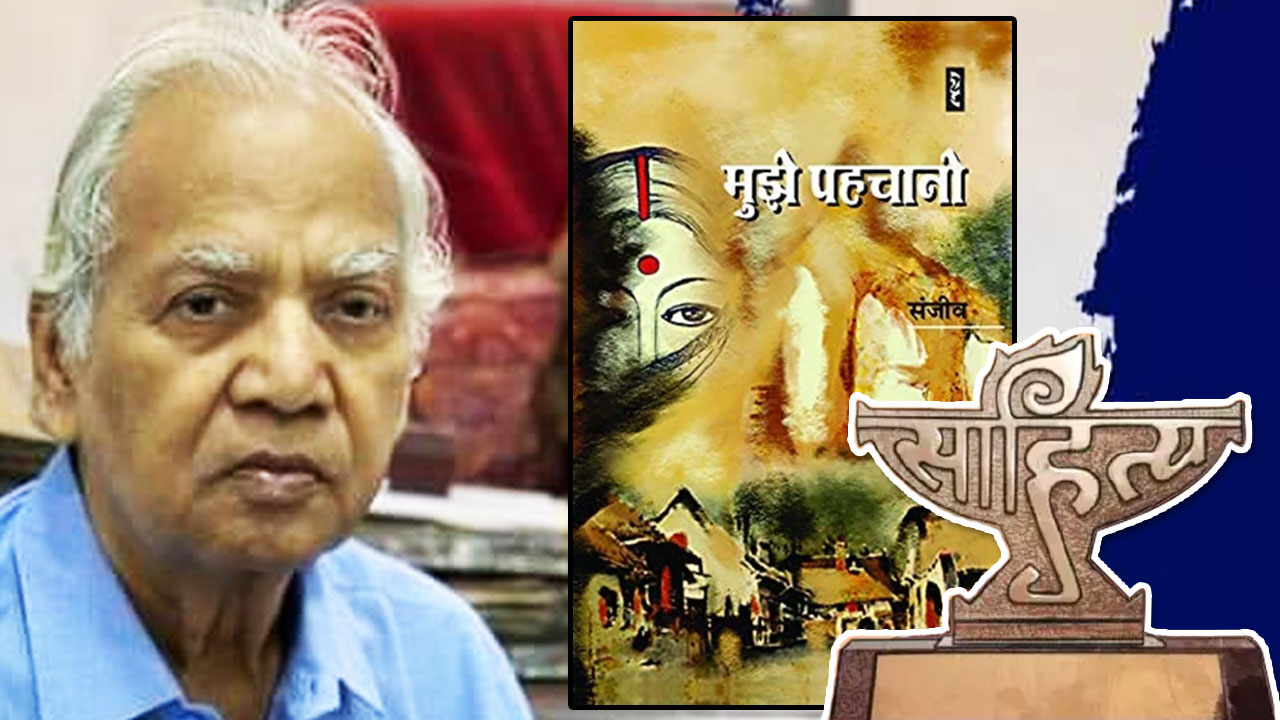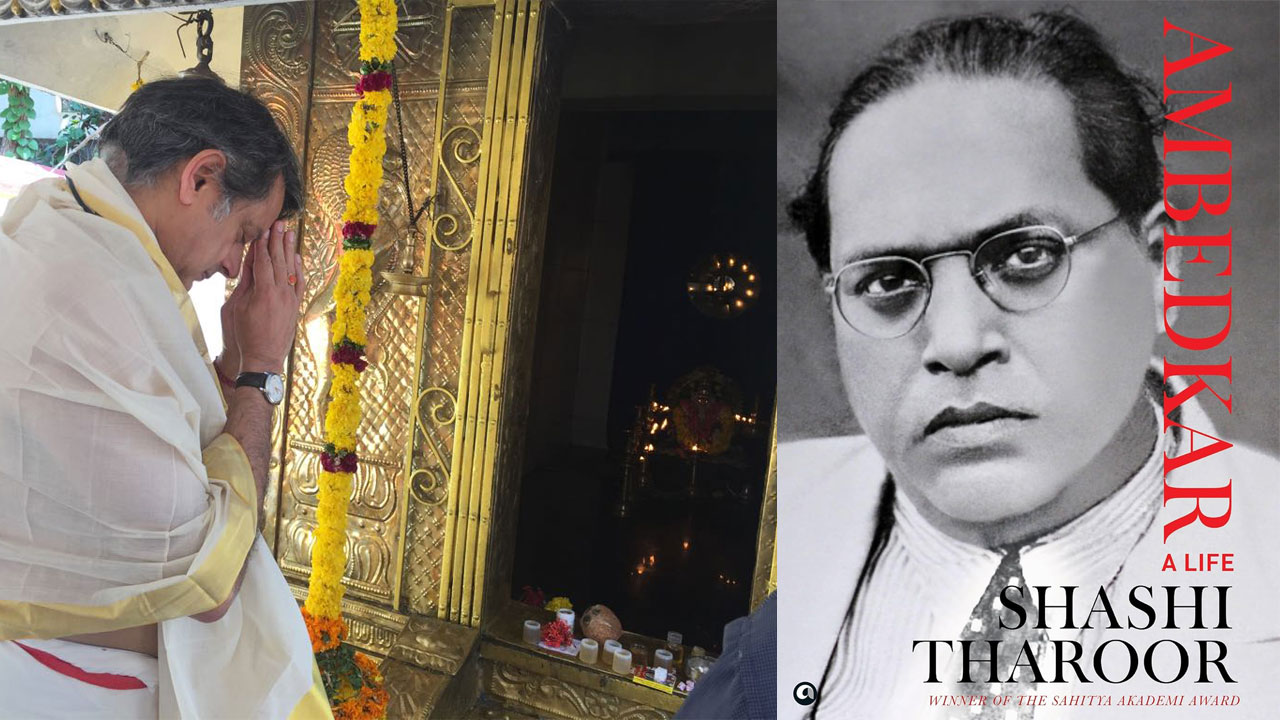Ushakiran Atram is a well-known Gondi litterateur. She lives in the Gadchiroli district of Maharashtra. She has written prolifically in Marathi, too. Among her published works are Motyarin (anthology of Gondi poems), Mhorki (Marathi poetry), Aher (short stories in Marathi), Ek Jhonka Anandacha (children’s songs in Marathi), Gondwana Ki Mahan Viranganayein (Hindi), Gondwana Mein Kachargarh: Pavitra Bhumi (Hindi) and Aheracha Badla Aher (Marathi play). Ushakiran Aatram spoke with Forward Press Hindi Editor Nawal Kishore Kumar. Edited excerpts:
When and where were you born? What is your family background?
I was born at Nandori village on 28 April 1954. My father was Dadaji Kushan Shah Atram and my Aayi (Marathi for mother) was Shalubai. My father was the son of a landlord who hailed from the Atram royal family of Chandagarh. My grandfather’s name was Sundarshah Atram.





